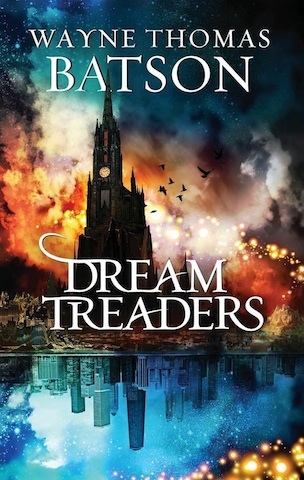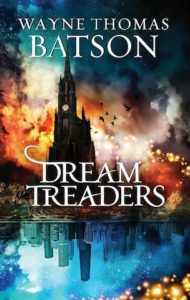Guess That Fantasy
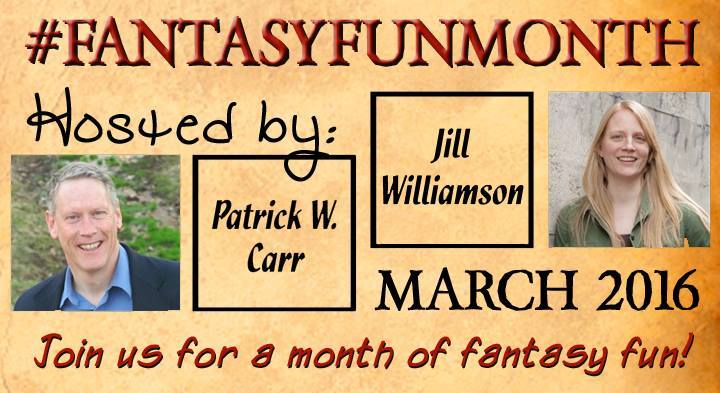 I was away from my computer all day yesterday, so I didn’t get a chance to interact with the #FantasyFunMonth topic of the day. As it happens, it’s an especially fun one (appropriate for Fantasy Fun Month!), I think. So I decided to put up a post here for yesterday’s activity.
I was away from my computer all day yesterday, so I didn’t get a chance to interact with the #FantasyFunMonth topic of the day. As it happens, it’s an especially fun one (appropriate for Fantasy Fun Month!), I think. So I decided to put up a post here for yesterday’s activity.
The topic is Guess That Fantasy—from a quote. I’ll give twelve quotes from various fantasies—some Christian, some from the general market, some classics—and then those who want to play can guess what book they come from. You can put your answers in the comments, then tomorrow, I’ll give the answers so you can see how you did.
The length of the quotes vary based on the context clues of each. I wanted to give you enough that you have a reasonable expectation of guessing which book the quote comes from. For some, that doesn’t take much; for others, a bit more.
Quotes From Fantasies.
1. Taran wanted to make a sword; but Coll, charged with the practical side of his education, decided on horseshoes.
2. When they came to make their meal, they found that the Elves had filled their bottles with a clear drink, pale golden in colour; its scent of honey made of many flowers, and was wonderfully refreshing. Very soon they were laughing, and snapping their fingers at rain, and at Black Riders.
3. I am old now and have not much to fear from the anger of gods. I have no husband nor child, nor hardly a friend, through whom they can hurt me. My body, this lean carrion that still has to be washed and fed and have clothes hung about it daily with so many changes, they may kill as soon as they please. The succession is provided for. My crown passes to my nephew.
4. First of all he said to himself: “That buzzing-noise means something. You don’t get a buzzing-noise like that, just buzzing and buzzing, without it meaning something. Tf there’s a buzzing-noise, somebody’s making a buzzing-noise, and the only reason for making a buzzing-noise that I know of is because you’re a bee.”
Then he thought another long time, and said: “And the only reason for being a bee hat I know of is making honey.”
5. She came out of the store just in time to see her young son playing on the sidewalk direcly in the path of the gray, gaunt man who strode down the center of the walk like a mechanical derelict. For an instant her heart quailed. Then she jumped forward, gripped her son by the arm, snatched him out of harm’s way.
The man went by without turning his head. As his back moved away from her, she hissed at it, “Go away! Get out of here! You ought to be ashamed!”
6. I had just finished my studies at Oxford, and was taking a brief holiday from work before assuming definitely the management of the estate. My father died when I was yet a child; my mother followed him within a year; and I was nearly as much alone in the world as a man might find himself.
7. A procession of fifty men made their way through the cool desert night from the royal retreat in Canden toward The Gray. Fifty-one men, technically, though the king did not count the wailing convict riding in the cage since the man would soon be dead.
8. Next moment she found that what was rubbing against her face and hands was no longer soft fur but something hard and rough and even prickly. “Why, it is just like branches of trees!
9. The demon is crouched in the corner, between the Cheetos and the onion dip. It’s a small one, only about four feet tall: a low-level creeper. I flick my gaze over the spot like I don’t see it and open the cooler door to get a Coke.
10. The sky dripped stars, like diamonds turned liquid and running in shimmering streams to pool beyond the horizon.
But not really.
In truth, there was not a star in sight and wouldn’t be for many miles yet. If one could bear to think in terms of miles or distances of mortal measurement here. The young woman did not. Nor did she consider words like stars, diamonds or horizon. These were nothing more than barriers a weaker mind would attempt to inflict upon the incomprehensible, a futile bastion against the oncoming sweep of madness.
Madness, the young woman knew, was inescapable here. But it could be borne if accepted as naturally as a body accepts the necessity of air and breathes in and out without thinking.
11. Ash fell from the sky.
Vin watched the downy flakes drift through the air. Leisurely. Careless. Free. The puffs of soot fell like black snowflakes, descending upon the dark city of Luthadel. They drifted in corners, blowing in the breeze and curling in tiny whirlwinds over the cobblestones. They seemed so uncaring. What would that be like?
12. The pounding on my door pulled me from slumber, and I drifted toward waking, my mind a piece of sodden wood floating toward the surface of a lake. I had one hand on the door latch and the other clutching a dagger behind my back before I managed to get both eyes open. Through the peephole I saw a guard—one of the king’s by his dress–standing next to Gareth, a night constable. I snuck a glance out the window of the apartment the king provided me as a lord of his employ. The glass wasn’t of sufficient quality to offer me anything more than an impression of what lay beyond, but I could tell the sun wasn’t up yet.
Bonus: for those who would like a clue, I’ll list the books from which these quotes were taken, so all you have to do is match them.
Golden Daughter by Anne Elisabeth Stengl
The Shock Of Night by Patrick Carr
The Lion, The Witch, And The Wardrobe by C. S. Lewis
The World Of Pooh by A. A. Milne
Darkness Brutal by Rachel A. Marks
The Fellowship Of The Ring by J. R. R. Tolkien
Lilith by George MacDonald
Mistborn by Brandon Snaderson
Darkness Reigns by Jill Williamson
Till We Have Faces by C. S. Lewis
Lord Foul’s Bane by Stephen R. Donaldson
The Book Of Three by Lloyd Alexander
Oh, I need to mention. In order to see the list of books, highlight the space above by running your cursor over it, and you should see the list. That way, only those who want to see the list will . . . you know, be able see the list.

































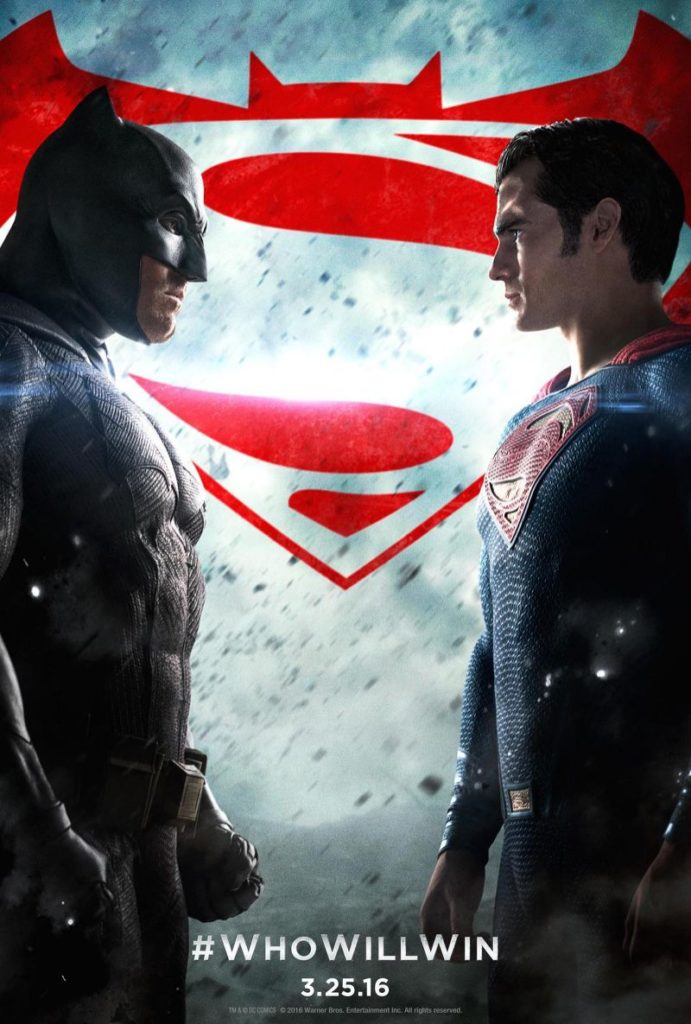





 wn and says, “Well that was a waste of time.” Being stretched and pulled and emerging victorious is an incredible feeling, which naturally propels me to seek out other challenges. After the MMA fighting story, I’m planning on writing a nautical adventure set on an alien world. The last time I was on a boat in the ocean was when I was seven years old.
wn and says, “Well that was a waste of time.” Being stretched and pulled and emerging victorious is an incredible feeling, which naturally propels me to seek out other challenges. After the MMA fighting story, I’m planning on writing a nautical adventure set on an alien world. The last time I was on a boat in the ocean was when I was seven years old.
 Lord of the Rings. Hunger Games. Star Wars.
Lord of the Rings. Hunger Games. Star Wars.
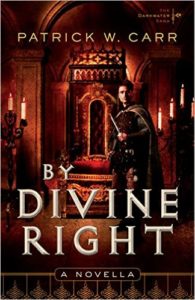
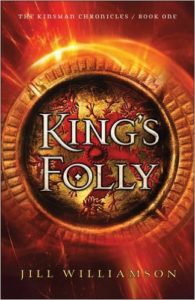
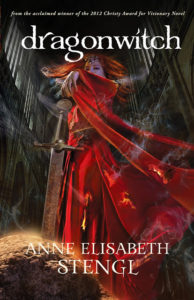 I didn’t get wind of FantasyFun until towards the end of the month, so didn’t jump in until the cover question. As I said in my Facebook post, I’m not big on covers—I don’t notice them very often and am not very picky, one way or the other. But the one I’ve settled on as my favorite caught my eye. I’m referring to Anne Elisabeth Stengl’s Dragonwitch, one of the Tales Of Goldstone Wood series.
I didn’t get wind of FantasyFun until towards the end of the month, so didn’t jump in until the cover question. As I said in my Facebook post, I’m not big on covers—I don’t notice them very often and am not very picky, one way or the other. But the one I’ve settled on as my favorite caught my eye. I’m referring to Anne Elisabeth Stengl’s Dragonwitch, one of the Tales Of Goldstone Wood series. 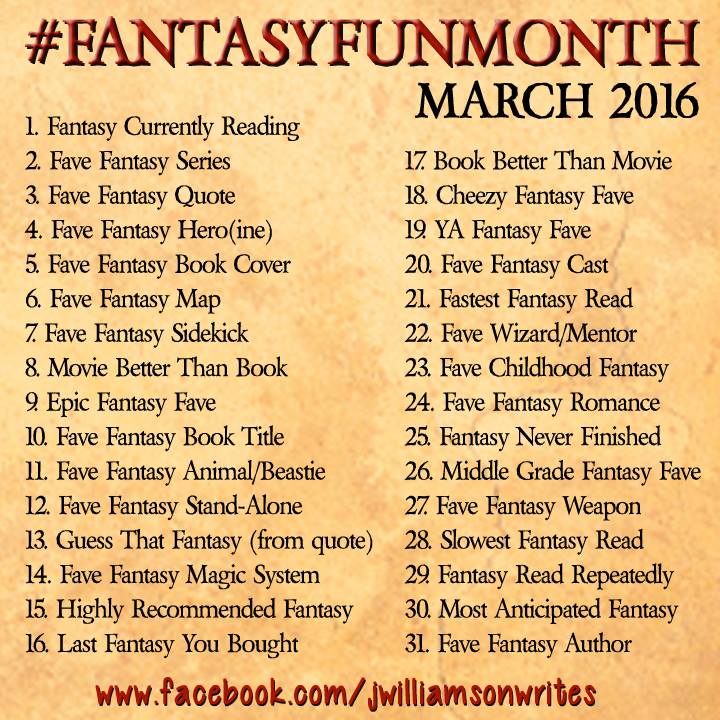
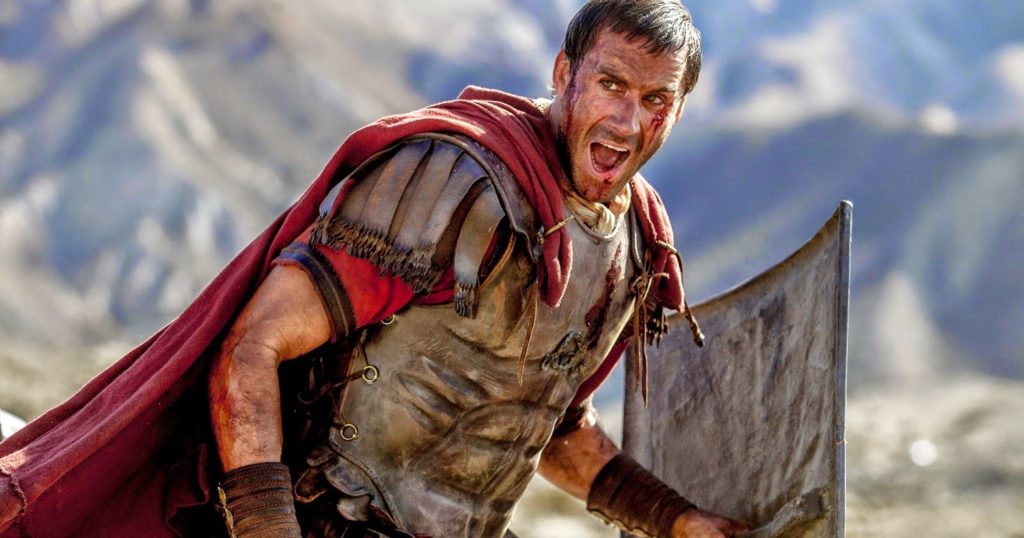

 Risen is fantastical and realistic
Risen is fantastical and realistic


 Just as vitally, and not wholly unrelated, I do not regard originality as the true aim of art. The true aim of art is universality. It is to capture and to give voice to lasting truths and utterly human things. When art is great, it expresses something we can all feel, or conveys something we can all understand. It lives in the old things, and makes the old things live to us again.
Just as vitally, and not wholly unrelated, I do not regard originality as the true aim of art. The true aim of art is universality. It is to capture and to give voice to lasting truths and utterly human things. When art is great, it expresses something we can all feel, or conveys something we can all understand. It lives in the old things, and makes the old things live to us again.
 Hobbits make for terrible hero material.
Hobbits make for terrible hero material. Who doesnât love an underdog story? Something about them grips our attention. We canât ignore a good underdog story, whether in real life or in fiction. Not only do they give us someone to root for, they inspire, challenge, and encourage us.
Who doesnât love an underdog story? Something about them grips our attention. We canât ignore a good underdog story, whether in real life or in fiction. Not only do they give us someone to root for, they inspire, challenge, and encourage us.